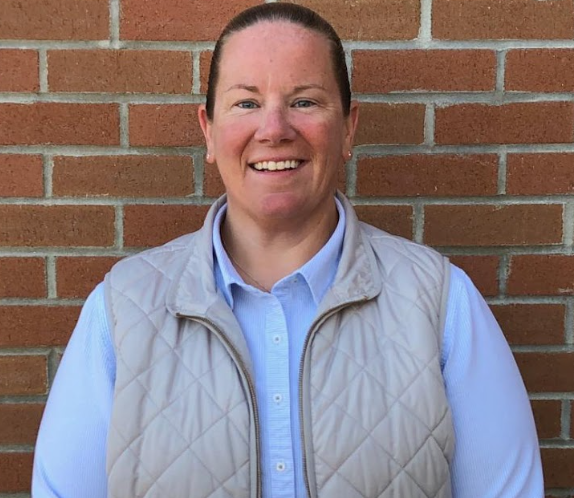Ready Player One: The Sweaty Gamer’s Dystopian Fantasy
March 16, 2022
Ready Player One by Ernest Cline, a sci-fi novel published in 2011, has been described as “…the grown up’s Harry Potter,” by The Huffington Post. I think that this is the perfect comparison; both books have a writing style that is stale and uninspiring paired with unshakable undertones of transphobia.
The story itself is a generic case of, “the world has been taken over by technology and everyone is poor,” type of read veiled thinly as an interesting social commentary with a taste of 1980s nerd culture nostalgia. It’s about a world where people spend most of their lives in the “virtual utopia” of the OASIS video game, which was created by 1980s gaming connoisseur James Halliday. Main character Wade Watts (also known as Parzival in the OASIS) has devoted his life to trying to find the final “easter egg” the recently deceased Halliday has left behind in the game—all because the first person to find it will be bestowed with his billions of dollars in inheritance.
So, you can imagine the kind of lesson the author’s going to attempt to teach by the end of the novel: the classic “reality good, video game bad” schtick. But instead of being a groundbreaking warning for future generations, it just ends with four rich people realizing that life is better when you have money. The main character is no longer depressed and in poverty, so he has no need to spend the rest of his life logged into the OASIS. Don’t you see, readers? It’s that simple! Just be a billionaire! Then, you won’t have to contend with food shortages and global energy crises!
The second biggest critique that should keep you away from this book is the sheer amount of talking the main character does. And I don’t mean dialogue. The book is written in the first person perspective, which means that the audience is let in on Parzival’s deepest, darkest thoughts as the story progresses: really invigorating stuff about Monty Python’s Holy Grail and the history of Pac-Man. I’m talking paragraphs of useless—I mean, super interesting explanations of how James Halliday was obsessed with the movie War Games.
If you’re into 80s pop culture, this isn’t quite a con. But even discounting the rambling paragraphs about Atari and Nintendo, the worldbuilding in this novel is just pages of flavorless tell-not-show about how terrible corporate, controlling businesses are and how sweaty nerds in basements will make the world right again. When reading, I had to skip several pages of this because I was bored. To put it plainly, the writing is often just dry.
However, there are reasons why Ready Player One became a New York Times bestseller, named one of the best books of 2011 by multiple news sources, and adapted to the big screen by Steven Spielberg. Though I have several problems with it, it’s not a bad read. After all, I was able to finish the book, which is a feat within itself.
The biggest reason why the book is raved about so much is the plot. It’s fun and inventive, even though the dystopian-evil-corporate setting isn’t. It was hopping from one quirky quest to the next, rooting for the underdogs as they fought against a capitalist hound of an antagonist. As the story progresses, the adventure gained layers and complexity and attained multiple twists that left me surprised and wanting more. Entertainment Weekly said it best: “As one adventure leads expertly into the next, time simply evaporates.”
The other biggest thing that this book has going for it is the main cast and how the members relate to one another. All four of them are introduced in the beginning of the story with various roles in Parzival’s life (one is his best friend, one is a celebrity he looks up to, one is a complete stranger), but by the end of the novel, the way he sees them all is completely changed by the events of the story. It’s a heartwarming case of the found family trope.
To look closer at the main character, Wade/Parzival, my final thoughts on him are mixed. He bashes chick flicks and uses “sissy” and “boobs” as insults. He doesn’t flinch when a straight character calls him and his best friend (who is a lesbian) a homophobic slur. And on page 173, when talking to an online friend, he says, “Are you a woman? And by that I mean are you a human female who has never had a sex change operation?” Instances like these definitely deterred me from him, but I try to keep in mind that this book was published in 2011. Some things need to be overlooked to enjoy the story.
Overall, if you go into Ready Player One expecting a groundbreaking critique of capitalism and the video game industry, you will be disappointed. But it’s still an interesting read if you have time to spare; because it’s chock full of 80s references, the heavier subjects are alleviated and the story seems lighter. Give it a try, skip the never ending infodumping, and maybe you’ll enjoy it more than I did.











